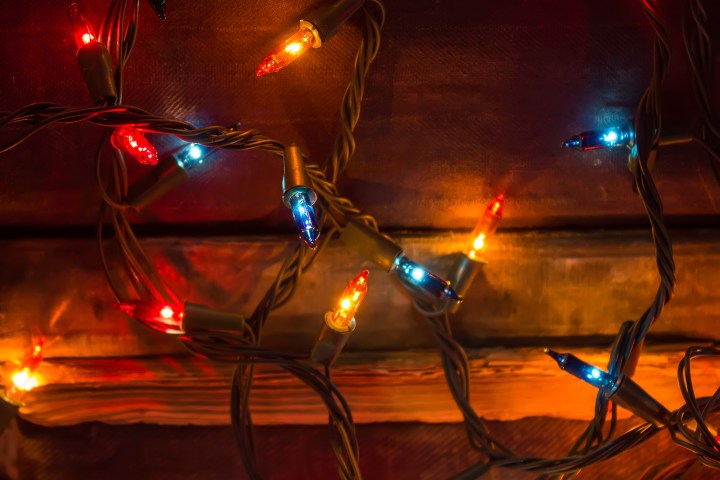
The British regulator noted that up to six million homes and offices in the U.K. may be suffering from under-performing wireless broadband connections, a problem “often caused by the Wi-Fi set-up in the house slowing down broadband.” Asserting that it could be “as simple as interference from other electronic devices,” around December, one of the most common offenders appears to be Christmas fairy lights. That said, these lights aren’t worse for your Internet speeds than any other interference-causing device, but are simply more ubiquitous around this time of year.
The reason behind these slower connections is simple enough — Wi-Fi makes use of electromagnetic waves to carry data to and from a router and your various devices. But just about everything else in our modern world, from microwaves to baby monitor to, yes, Christmas lights, also emits these waves. What’s more, all devices that require electricity to function have some sort of associated electromagnetic field, which in turn interferes with the electromagnetic waves that are trying to transport information to and fro.
And because Christmas fairy lights are essentially a bunch of wires carrying electricity through them, they generate a small electromagnetic field that does indeed interfere with your Wi-Fi.
Of course, a few other mainstays in your home that are far less seasonal than fairy lights cause far greater disturbances on a regular basis — your microwave, your cordless phones, and even you may be interfering with your Wi-Fi signal. So don’t get inordinately angry at your holiday decorations — you’re not in the clear either.
That said, there are a few things you can do to try to mitigate the effects of electromagnetic field-generating devices. For one, you can strategically locate your router (the Guardian recommends the middle of your home), or you can purchase a router that detects interference and boosts signal strength in problem areas.
After all, your Wi-Fi shouldn’t ruin your holiday.


